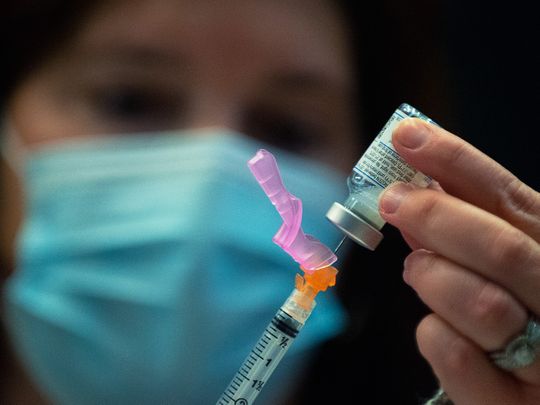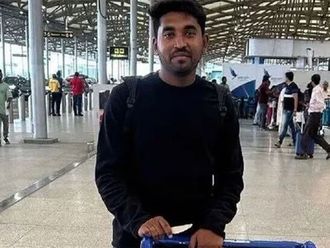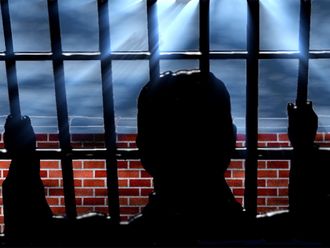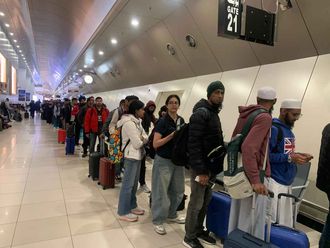
The drug company Moderna has begun a study that will test its COVID vaccine in children younger than 12, including babies as young as 6 months, the company said Tuesday.
The study is expected to enroll 6,750 healthy children in the United States and Canada. Moderna declined to say how many had already signed up or received the first shots, according to a spokeswoman, Colleen Hussey.
"There's a huge demand to find out about vaccinating kids and what it does," said Dr. David Wohl, medical director of the vaccine clinic at the University of North Carolina, who is not involved the study.
In a separate study, Moderna is testing its vaccine in 3,000 children ages 12-17 and may have results for that age group by summer. The vaccine would then have to be authorized for use in children, so it would not be immediately available.
Many parents want protection for their children, and vaccinating children should help to produce the herd immunity considered crucial to stopping the pandemic. The American Academy of Pediatrics has called for expansion of vaccine trials to include children.
Vaccine side effects like fever, sore arms, fatigue and achy joints and muscles can be more intense in children than in adults, and doctors say it is important for parents to know what to expect after their children are inoculated.
Moderna developed its vaccine in collaboration with the National Institute of Allergy and Infectious Diseases. The company and the institute are also working together on the study, along with the federal Biomedical Advanced Research and Development Authority.
The children will be followed for a year, to look for side effects and measure antibody levels that will help researchers determine whether the vaccine appears to provide protection. The antibody levels will be the main indicator, but the researchers will also look for coronavirus infections, with or without symptoms.
Johnson & Johnson has also said it would test its coronavirus vaccine in babies and young children after testing it first in older children.
Pfizer and BioNTech are testing their vaccine in children ages 12-15 and have said the plan is to move to younger groups; the product is already authorized for use in those 16 and older in the United States.
Last month, AstraZeneca began testing its vaccine in Britain in children 6 years and older.








